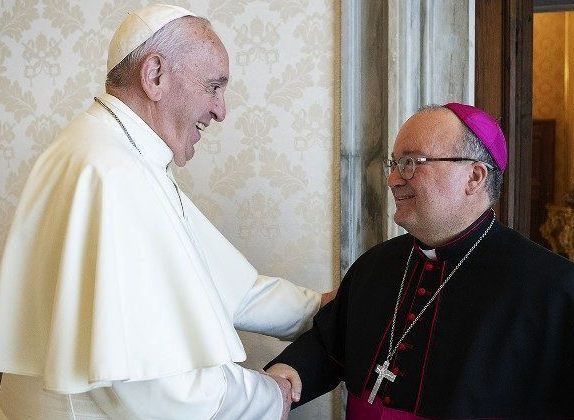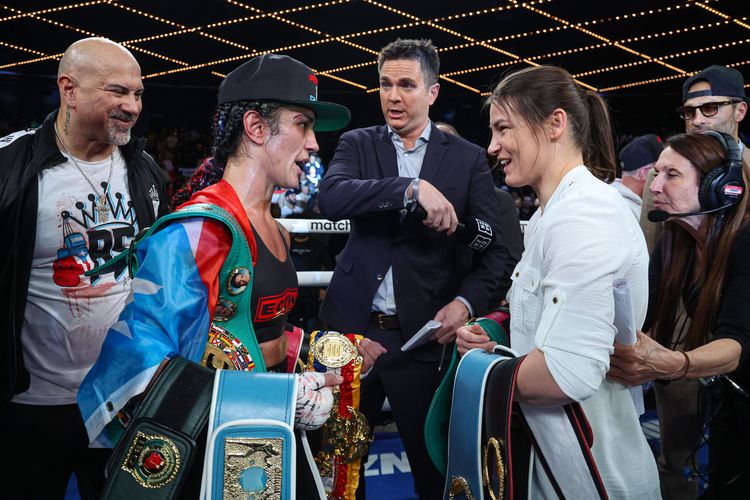An American Legion-sponsored team in 1920 in the author’s Closter, N.J., a town that has always taken its baseball seriously. The photo, courtesy of George Potterton, appears in "Images of America, Closter and Alpine" by Patricia Garbe-Morillo.
NEW IRISH-AMERICAN WRITING
By Jim Rodgers
When I was a kid I played a lot of baseball in the small town of Closter located just across the river from Spuyten Duyvil, on the back side of the New Jersey Palisades. Our town field was named Memorial Field in honor of the soldiers who had fought in both World Wars, Korea, and of late, Vietnam. Memorial Field had night lights, which the town had acquired when the Polo Grounds were knocked down and the Giants moved to San Francisco.
We had seven kids in our family, three of us boys. My father coached our baseball team, first called the Milwaukee Braves, and later the Atlanta Braves when the team moved south (all of the local teams were named for big clubs). We got new caps that year, ones with an "A" on them.
Friday evenings were night games, and all the WW ll and Korean War vets, with their pungent cigars and pipes, and the parents, with all their hopes and pride, would be in the stands. The ice cream truck stayed for both the early game and the late game. It was a town event.
On our team was a kid named Brian Gorman. His father was Tom Gorman, a major league umpire. A quiet man with warm eyes and a larger than life presence. In the summer, Mr. Gorman would bring Brian and me to Met games at Shea Stadium and we would sit right behind home plate. It was exciting, even though I was a Yankee fan. One evening we went to a doubleheader and between games we got to sit in the umpires' locker room while the umps were served dinner from rolling carts covered with white tablecloths, with real china and real silverware--steak dinners with all the trimmings. That evening Rusty Staub, then a big slugger for the Mets, stuck his carrot-topped mug into the umps' locker room, grinned, razzed the umps, then scooted away as Tom Gorman and other umps chuckled. It seemed that nobody could resist Rusty Staub's good humor.
When we were 12, Brian's mother died. Death at that age was scary and mysterious. One did not know what to say to kids who had lost a parent. The first game back, my father pulled our station wagon into the Gormans’ driveway and Brian came out in his Braves uniform, glove in hand, and got into the back luggage compartment of the wagon, where I sat with the team's equipment bag. I said I was very sorry about his mother and asked him how he was doing. He said he was fine. He was awfully sad.
The Braves always had the worst team in town, partly because my father took all the kids who the other coaches had passed on, and partly because he had a rule that every kid got to play no matter how close the score was. That season was no exception. As spring turned to early summer and the last game approached we once again could not win. But we all played and my father always took the team to Dairy Queen win or lose – much to the dismay of the winning teams.
[caption id="attachment_89395" align="alignnone" width="300"]
The last game of the 1972 season we faced the best team in the league and were playing the late Friday night game. We did have one good pitcher, a southpaw by the name of Jimmy Taylor, who was unhittable if he could get the ball over the plate. That night he did. In the bottom of the ninth inning, at about 10 p.m., the stands filled with the townspeople, we managed to be tied in a scoreless game. With one out Brian Gorman walked. The next batter squeezed out a hit and Brian reached third base. The next batter struck out. Two outs. I was due up. I did not have much power at the plate, but I hit a lot of singles. As I approached the plate my father called me back. He told me to bunt and we would do a squeeze play. On the mound was the fastball pitcher in the league who was too good to hit and one who would grow up to pitch in the majors for the Cleveland Indians. I told my father that with two outs a bunt was too risky. He told me I was the best bunter in the league and I would just have to run for my life and beat out the throw. I protested some more, and he said, "Do it." He gave the signal to Brian. The squeeze play was on.
I stepped up to the plate. I was not happy. The future pro wound up and threw a fastball – one that came at me like a screaming freight train. I squared around, fought the urge to step out of the way, put my bat in front of the ball, and laid down the worst bunt of my life. The ball went straight in the air, between the pitcher's mound and the third base line. I cursed and threw down the bat. As I ran toward first base I saw Brian halfway to home plate, arms pumping, eyes wide open. I looked up and saw the white baseball disappear into the lights. Then I saw it stop and begin its long and slow descent to earth. The pitcher and the third baseman stood still, eyes to the sky, and waited. Brian now crossed the plate. I loped toward first base, eyes on the ball, frustration in my heart. As the ball descended and got closer to the ground both the pitcher and the third baseman realized at the same time that the other was, in fact, not going to catch the ball. As the ball approached the ground, now at a high rate of speed, they both leapt toward it, landing on the ground, arms and gloves outstretched. The ball landed on the grass in the six-inch space between their gloves. We had won.
When I reached first base I was tackled by Brian and the rest of the team, and we piled onto the field screaming with joy. The field lights were turned off, the townspeople went home, and my father brought the team to Dairy Queen--this time the ice cream was well-deserved.

The author with his son James, circa 2003
Over the years I lost touch with Brian but I knew he was working his way through the minors as an umpire. On July 5, 2003, I brought my 3-year-old son James to his first Yankee game. The Yanks were playing the Boston Red Sox. I sat near the left field foul pole with my son on my lap. Just before the game began the umpires were introduced to the crowd, and suddenly I heard, “... at third base, Brian Gorman.” Brian had realized his dream, proudly following in his father's footsteps. I whispered to my little boy that I had played baseball with the umpire, but at that moment he saw the man selling the cotton candy and yelled for cotton candy, then he saw the man with the hot dogs and yelled for a hot dog, then the man with the cold beer and he yelled for a cold beer. I said nothing more, just held my son a little tighter, kissed the top of his head, and thought of our team's victory back in 1972. I realized then that sometimes small victories have a long life – this one did, and always will. It was the victory of an underdog team trying to win just one game, and of a young boy trying to make sense of an overwhelming loss.
Jim Rodgers is a writer and a lawyer. He lives in Manhattan with his family.












